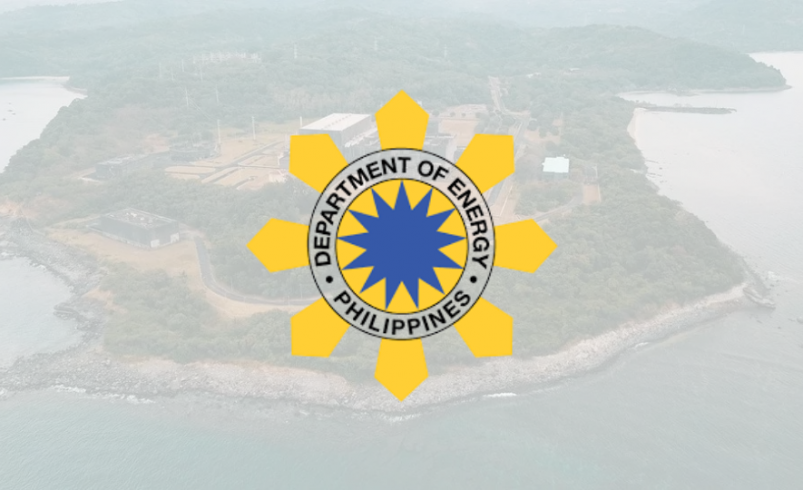PH pushes nuclear workforce readiness as DOE sets Pioneer Plant framework
- October 5, 2025
- 0

The Philippines is ramping up efforts to build a skilled nuclear energy workforce as it advances toward integrating nuclear power into its generation mix, Energy Secretary Sharon S. Garin emphasized at the 2025 Philippine International Nuclear Supply Chain Forum (PINSCF) held on October 2–3 at the Grand Hyatt Manila.
Workforce development was the key focus on the second day of the event, highlighting its role in the safe and sustainable deployment of nuclear energy.
“While infrastructure, technology and regulatory frameworks form the backbone of a nuclear program, it is ultimately the people as embodied by our scientists, engineers, regulators, policymakers and young professionals who will ensure its safe, secure and sustainable implementation,” said Secretary Garin, who also chairs the Nuclear Energy Program Inter-Agency Committee (NEP-IAC).
The NEP-IAC has been coordinating with academic institutions across the country to establish training programs, scholarships, and partnerships aimed at developing local expertise for the nuclear sector.
“For the Philippines, workforce development is not merely a component of our nuclear energy program; it is a national imperative. It signifies our commitment to empower Filipinos with world-class skills and open pathways for meaningful participation in the global nuclear industry,” Garin added.
The Department of Energy (DOE) yesterday also unveiled a policy framework for integrating nuclear energy into the national power mix. The policy designates the country’s first commercially developed and operated nuclear power plant as a “Pioneer NPP,” to be treated as a baseload facility with priority dispatch status.
The forum gathered nuclear technology providers, regulators, and academic representatives from Argentina, Canada, South Korea, and the United States. With a national target of up to 4,800 MW of nuclear capacity by 2050, the demand for trained professionals in the field is projected to rise sharply.
Local universities in attendance included the University of the Philippines, Ateneo de Manila University, De La Salle University, Mapua University, and Batangas State University, among others.
“This reaffirms our collective resolve to nurture and empower a generation of Filipino nuclear professionals who will carry forward the vision of a safe, secure and sustainable nuclear energy program,” Garin said.
Momentum from the inaugural PINSCF in 2024 has carried over to this year’s forum, as the Philippines continues to strengthen its nuclear energy foundations.
Public acceptance of nuclear power is also gaining traction. A nationwide Social Weather Stations survey commissioned by the DOE showed that over 70% of Filipinos now support nuclear power, citing its potential to enhance energy reliability, reduce import dependence, generate jobs, and mitigate climate change.
According to the International Atomic Energy Agency’s Integrated Nuclear Infrastructure Review (INIR) conducted last December, nine of the 14 recommendations to the Philippines have already been fully addressed, with the remaining five in progress.
As global advancements make nuclear energy safer and more economically viable, the Philippines positions it as a vital component in the country’s transition toward a secure, sustainable, and self-reliant energy future.
How can the Philippines best prepare its workforce for the nuclear era? Join the discussion and share your insights.
Follow Power Philippines on Facebook and LinkedIn or join our Viber community to stay up to date on the latest energy news.